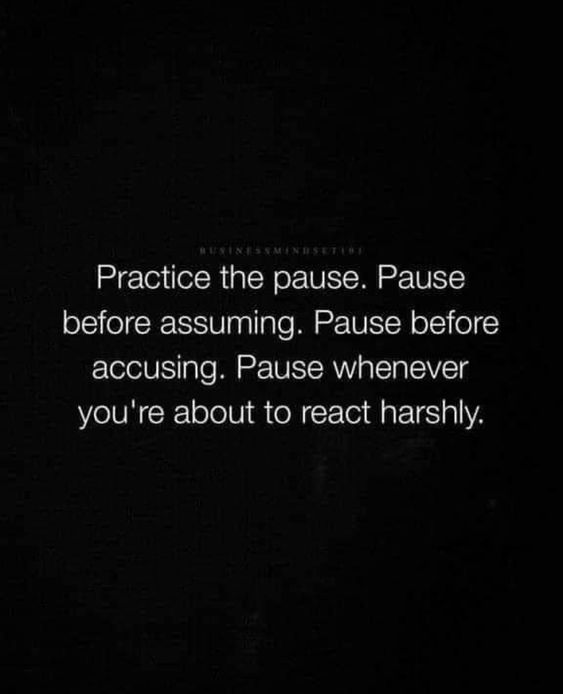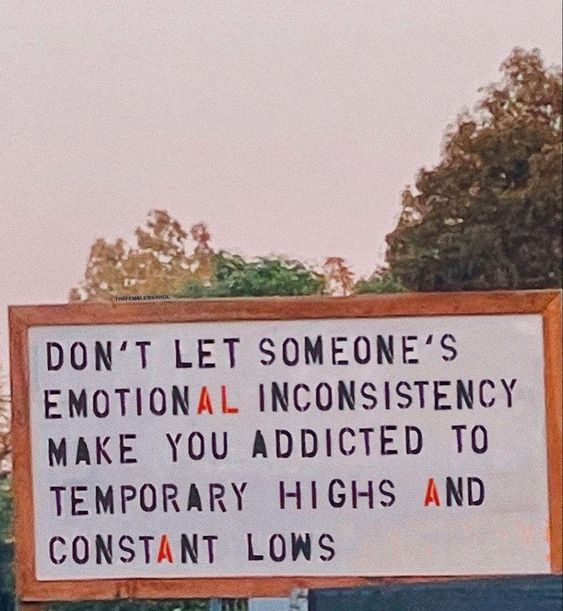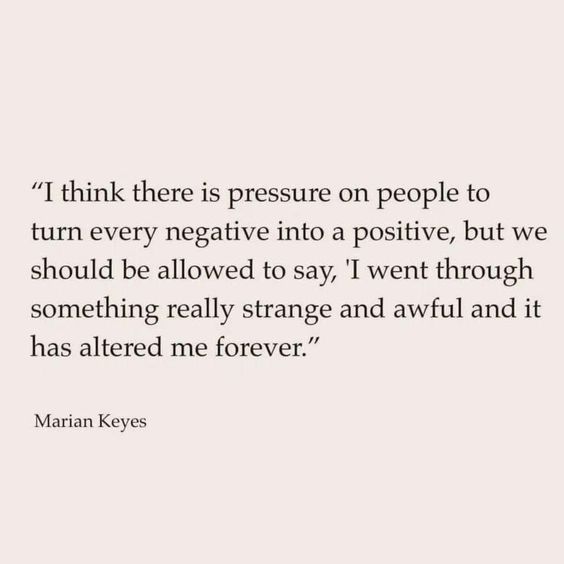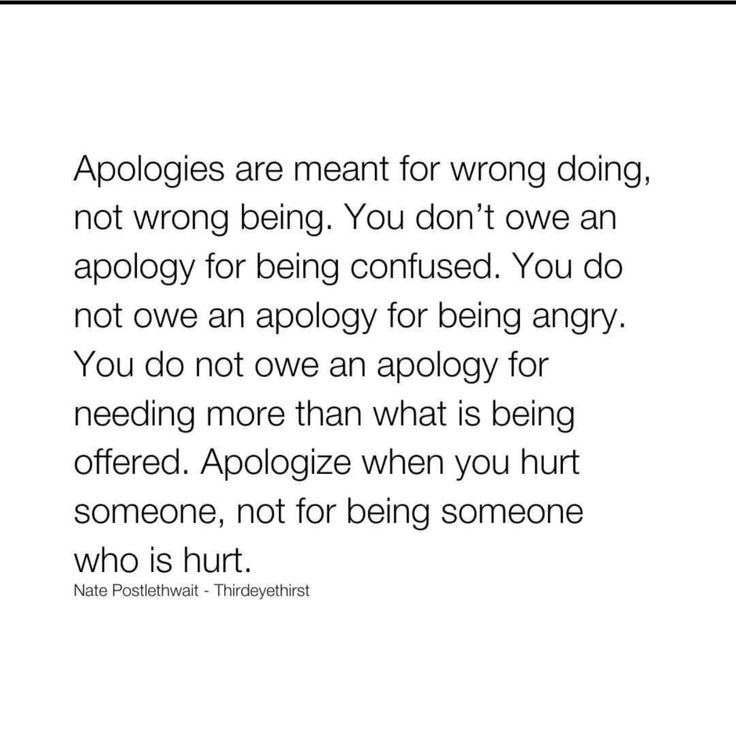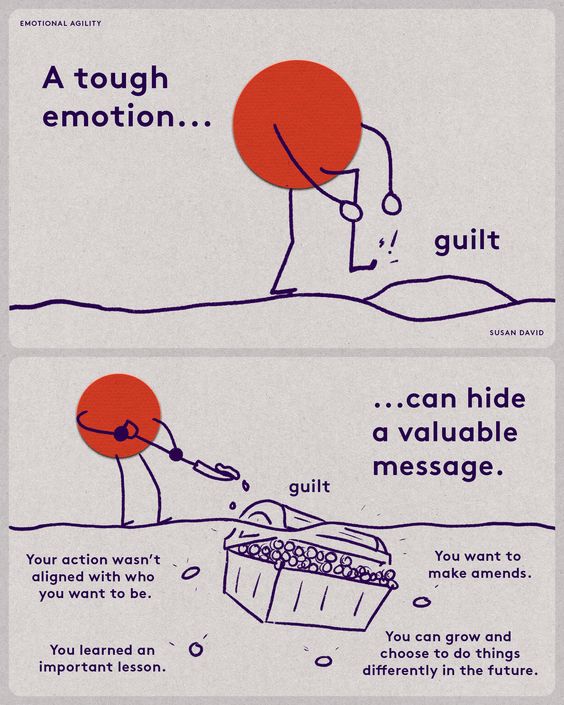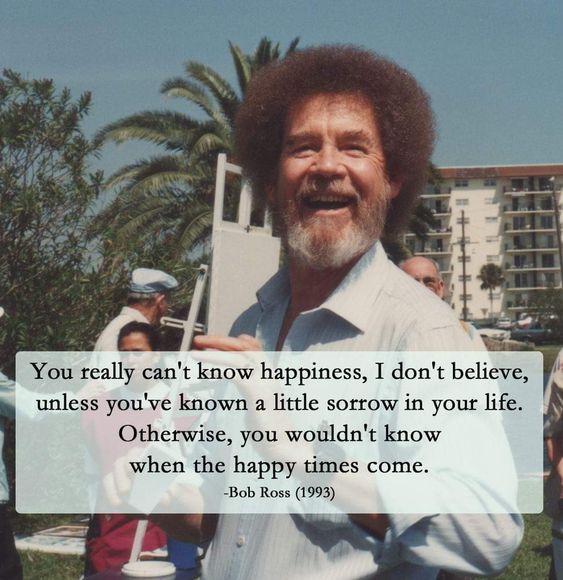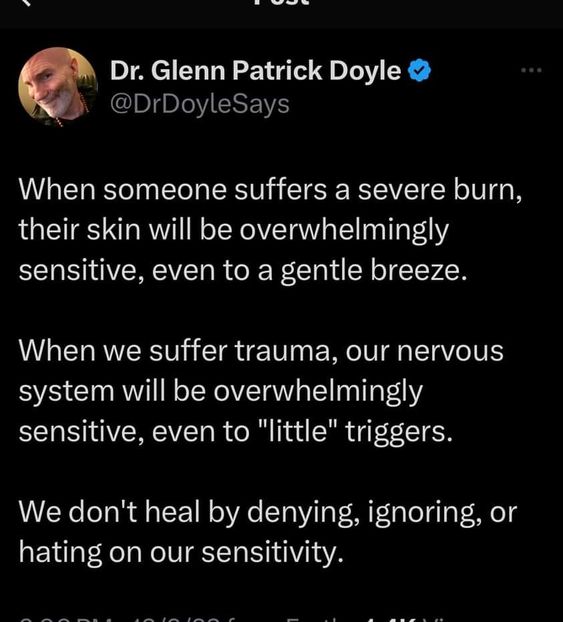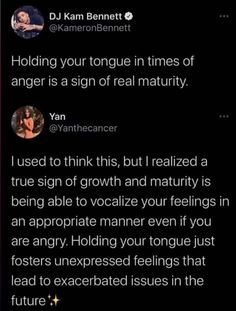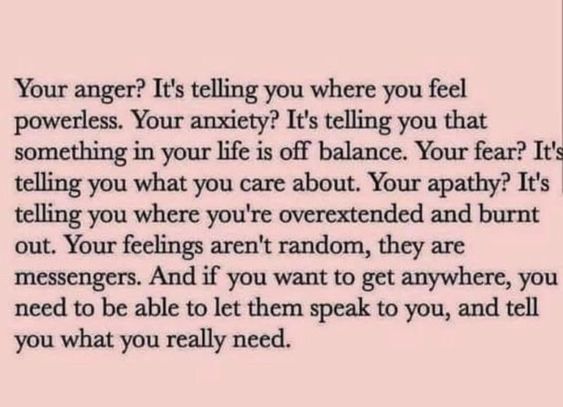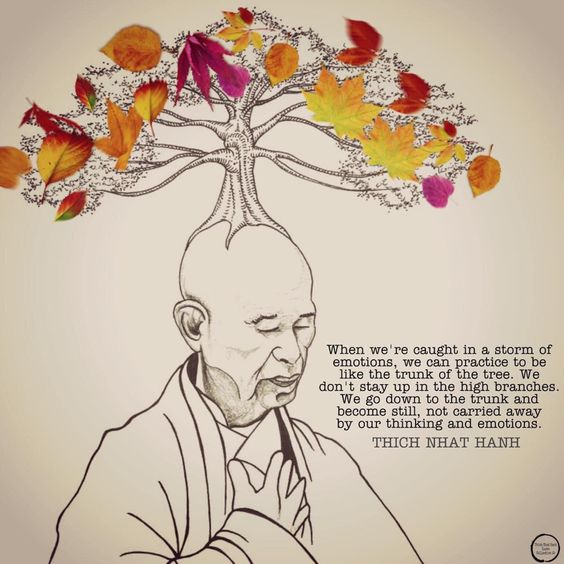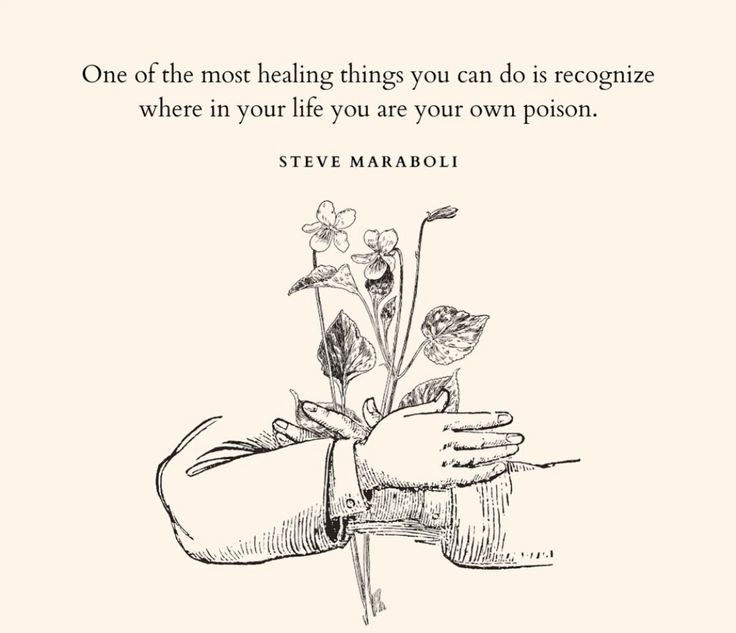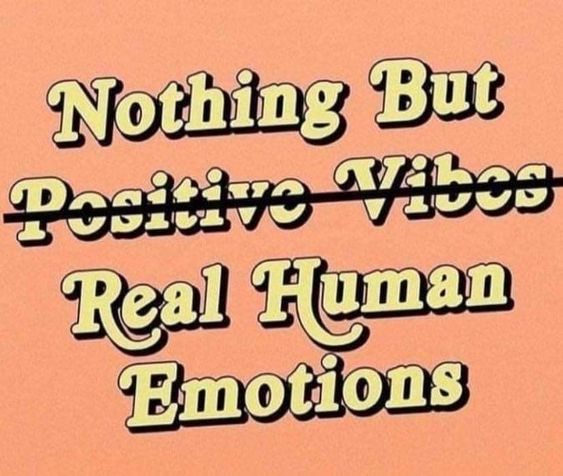“The deeper that sorrow carves into your being, the more joy you can contain.”
Kahlil Gibran, The Prophet (Page 27)
“False happiness [is] even worse than real sadness, because at least in that sadness there is a reality. If you are sad—but truly and sincerely sad—that sadness will enrich you. It gives you a depth, an insight. It makes you aware of life and its infinite possibilities and of the limits of the human mind, the smallness of human consciousness encountering the infinity all around, the fragile life always surrounded by death. When you are really sad you become aware of all these things. You become aware that life is not just life—it is death too.”
Osho, Everyday Osho (Page 217)
“It would have made things a lot easier if we understood there was no way of living that can immunise you against sadness. And that sadness is intrinsically part of the fabric of happiness. You can’t have one without the other. Of course, they come in different degrees and quantities. But there is no life where you can be in a state of sheer happiness forever. And imagining there is just breeds more unhappiness in the life you’re in.”
Matt Haig, The Midnight Library (Page 179)
“Violence, sexism, and general nastiness are biological since they represent one subset of a possible range of behaviors. But peacefulness, equality and kindness are just as biological—and we may see their influence increase if we can create social structures that permit them to flourish.”
Stephen Jay Gould, via Graceful (Page 14)
“Misery has no outer cause; the cause is inner. You go on throwing the responsibility outside yourself, but that is just an excuse. Yes, misery is triggered from the outside, but the outside does not create it. When somebody insults you, the insult comes from the outside, but the anger is inside you. The anger is not caused by the insult, it is not the effect of the insult, If there were no anger energy in you, the insult would have remained impotent. It would have simply passed, and you would not have been disturbed by it.”
Osho, Everyday Osho (Page 175)
“Sadness is ugly because of our rejection of it; it is not ugly in itself. Once you accept it, you will see how beautiful it is, how relaxing, how calm and quiet, how silent. It has something to give that happiness can never give. Sadness gives depth.”
Osho, Everyday Osho (Page 167)
“It is only when you live with something intimately that you begin to understand it. But the moment you get used to it—get used to your own anxiety or envy or whatever it is—you are no longer living with it. If you live by a river, after a few days you do not hear the sound of the water anymore, or if you have a picture in the room which you see every day you lose it after a week. It is the same with the mountains, the valleys, the trees—the same with your family, your husband, your wife. But to live with something like jealousy, envy or anxiety you must never get used to it, never accept it. You must care for it as you would care for a newly planted tree, protect it against the sun, against the storm. You must care for it, not condemn it or justify it.”
J. Krishnamurti, Freedom From The Known (Page 70)
